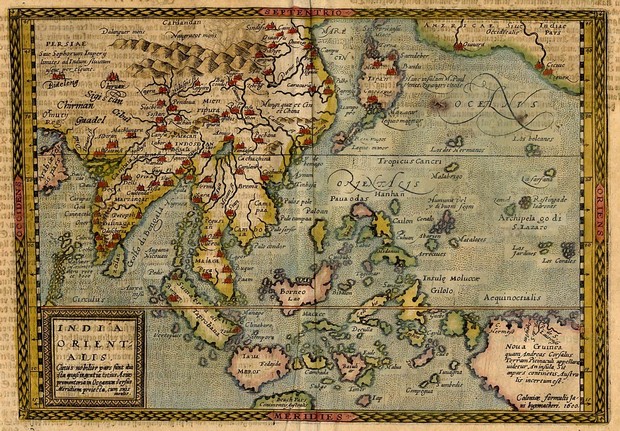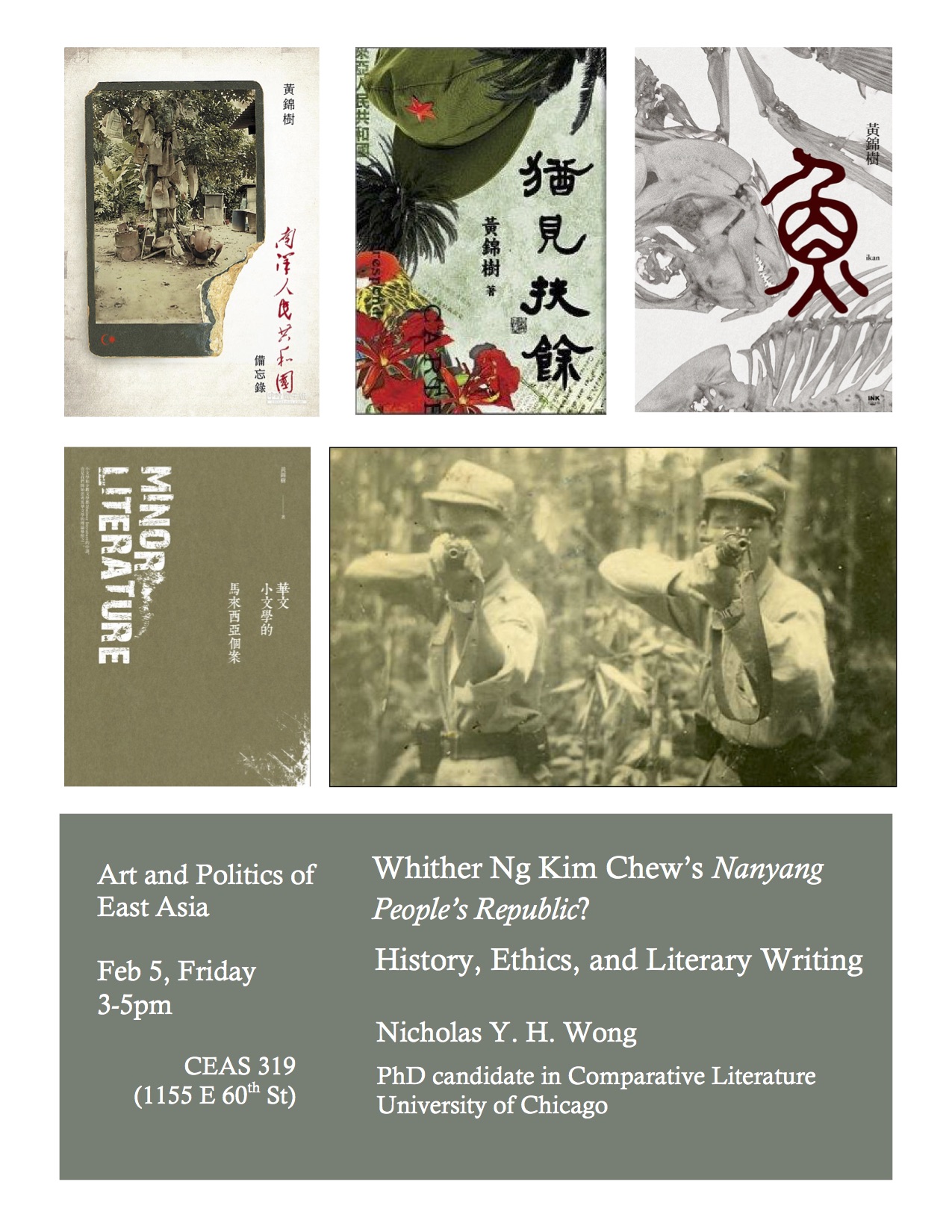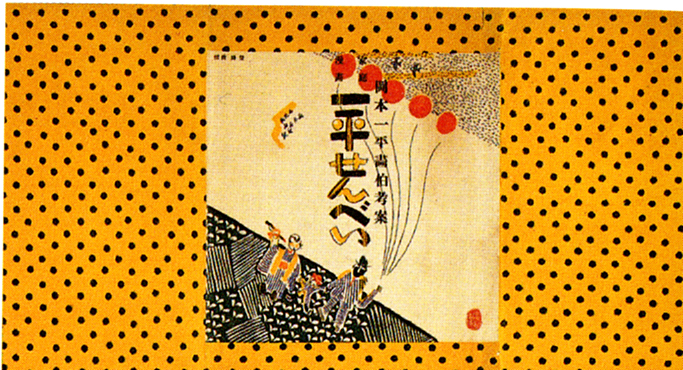The Art and Politics in East Asia Workshop
Special Presentation:
State-sponsored translation in China, 1952-2003:
Practices, consequences, and implications for translation studies
Bonnie McDougall
Emeritus Professor of Chinese, The University of Edinburgh
April 3, 3:30pm
Social Science 224 (John Hope Franklin Room)
Abstract
Translation Studies (TS) tends to take for granted certain generalized notions of transactions between authors and translators, with publishers variously active or passive in commissioning or accepting manuscripts. The Foreign Languages Press in Beijing in the period 1952-2003 operated on a significantly different model, casting doubt on the validity of basic TS concepts such as source-oriented v. reader-oriented translation. Translation by FLP staff was mostly into non-native languages; editorial staff had little or no knowledge of foreign cultures; little or no feedback from readers was sought or entertained; accuracy was prized but creativity was not. TS theories need to be adjusted to account for this and other examples of non-commercial transactions. In this talk I will focus on literary translation at the FLP in Beijing in the 1980s, based on personal experiences and observations; it describes an episode in Chinese literary history that poses challenges to contemporary translation theory.
Bonnie S. McDougall
Bonnie S. McDougall is Advisory Editor of Renditions, Research Centre for Translation, The Chinese University of Hong Kong. Born in Sydney, she first studied Chinese at Peking University (1958-59). Academic appointments include teaching and research at Sydney, SOAS, Harvard, Oslo and Edinburgh.
While a full-time translator at the Foreign Languages Press in the 1980s, she also translated poetry, fiction and film-scripts by new writers emerging through the chaos of the Cultural Revolution, among them Bei Dao, Ah Cheng, Chen Kaige, Gu Cheng, Qiu Xiaolong and Wang Anyi. Her other translations include poetry, fiction, drama and essays by Mao Zedong, Guo Moruo, He Qifang, Ye Shengtao, Yu Dafu, Ding Xilin and Zhu Guangqian, and Hong Kong fiction and poetry by Xi Xi, Dung Kai Cheung, Leung Ping-kwan and Ng Mei-kwan. She has taught literary translation at the College of Foreign Affairs in Beijing as well as in the UK and Hong Kong.
Recent books include Love-letters and Privacy in Modern China: The Intimate Lives of Lu Xun and Xu Guangping (Oxford, 2002) and Fictional Authors, Imaginary Audiences: Modern Chinese Literature in the Twentieth Century (Hong Kong, 2003). Further details are available here).
If you would like to be added to our mailing list and receive workshop updates, please contact ktanaka@uchicago.edu
Persons with a disability who believe they may need assistance, please email Kathryn Tanaka at ktanaka@uchicago.edu or Tomoko Seto at tseto@uchicago.edu

 Friday, February 5, 3:00-5:00 PM in CEAS 319 (1155 E 60th St.)
Friday, February 5, 3:00-5:00 PM in CEAS 319 (1155 E 60th St.)

